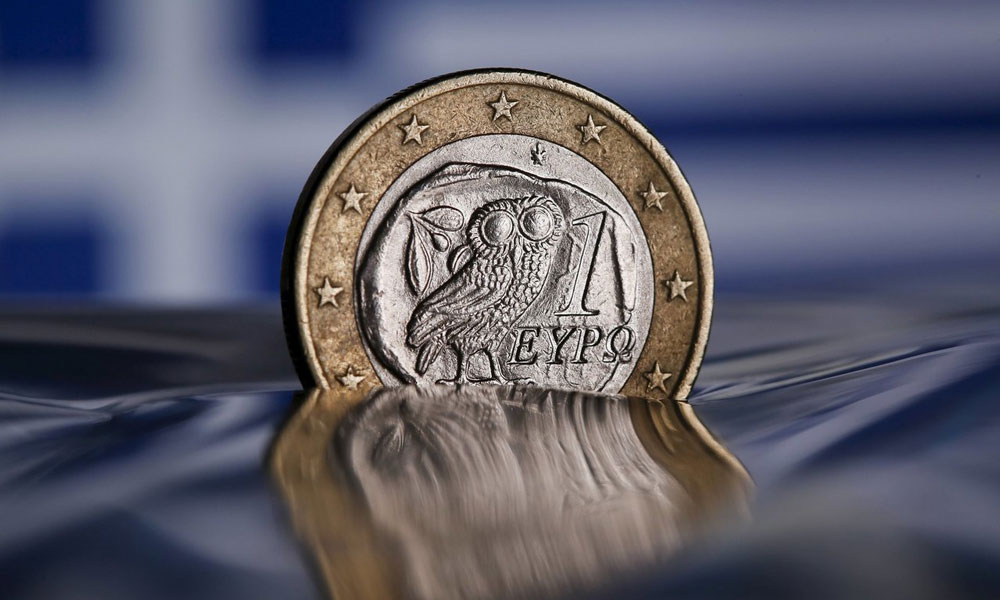
What a “Grexit” Would Mean for Associations
Few international associations make their home in Greece, but the economic impact of a so-called Grexit could be felt far and wide. Associations—specifically their meetings business—could also turn out to be an important lifeline for the country.
Barring a last-minute intervention by the powers who sit high on Mount Olympus, Greece appears to be headed for the door, as far as the Eurozone is concerned.
The 18 other nations who share the European currency set a final deadline of Thursday for the Greek government to submit a proposal to get itself out of debt. The troubled nation met that demand, and now it will be up to European Union as a whole to determine if Greece’s plans are acceptable—the 28 EU members are scheduled to meet on Sunday to discuss the country’s fate.
With the banks closed, there’s no cash to be able to do business with groups looking to meet there.
So what would a so-called Grexit mean for associations around the world?
From a big-picture standpoint, associations “have members, conferences, customers, and stakeholders, and whatever happens in the economy has an impact on their lives,” said Jeroen Van Liempd, director of strategy and community at MCI Group. “Already at this moment, because the banks are closed and people can only withdraw so much money a day, the economy has come to a standstill. This has an impact on business, on every economic player, and also on associations.”
Though there are few international organizations headquartered in Greece, the situation does affect locally based groups, as well as those who hold meetings in the country, Van Liempd said. “Greek associations will suffer in the same manner from all of the economic uncertainties. And with the banks closed, there’s no cash to be able to do business with groups looking to meet there.”
But, Van Liempd said, when it comes down to it, the Grexit might be the best way forward for the country.
“If Greece, with the help of the European Commission, can smoothly transition out of the Euro and back to a national currency—like the drachma before—we may see a very interesting conversion rate that would be enticing to a lot of foreign investors and companies seeking to do business with Greece,” he said.
And, interestingly enough, it could be the meetings, incentives, conferences, and exhibitions industry that has the best shot at helping Greece get back on its feet economically.
“For anything to do with the tourism industry and tourism associations, convention bureaus, conferences, and congresses, Greece could become a very interesting destination,” he said.
Unlike Argentina—which went bankrupt in 2001 and is drawing comparisons to the current Greek situation—Greece doesn’t have commodities and raw materials to export and help itself recover. “The only ‘export’ they can rely on is service and tourism and that kind of activity,” Van Liempd said. “But if they can pull that advantage—because it really is a great destination and could become super affordable—they could help themselves recover from this mess much quicker.”
(Tony Gentile/Reuters)






Comments